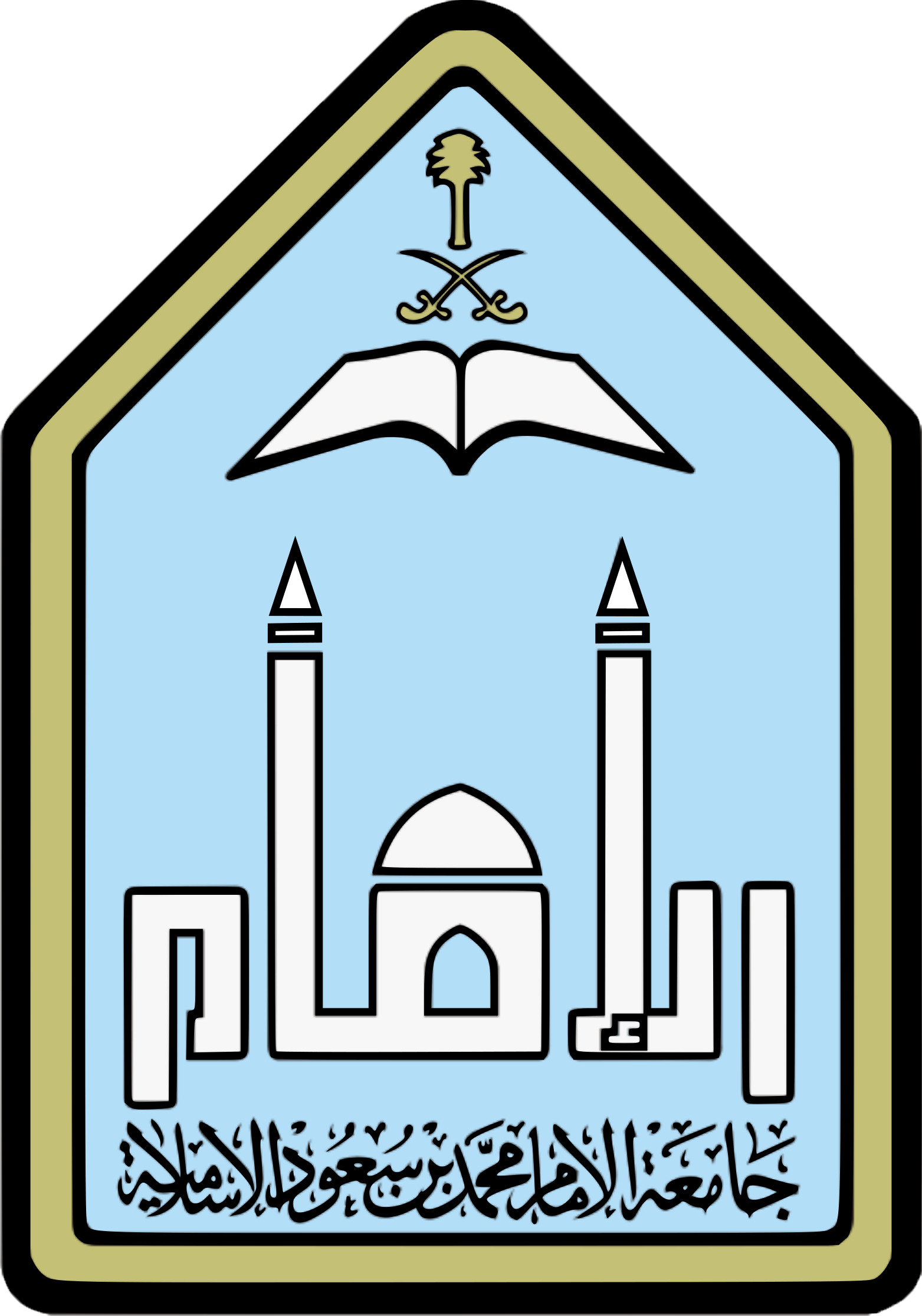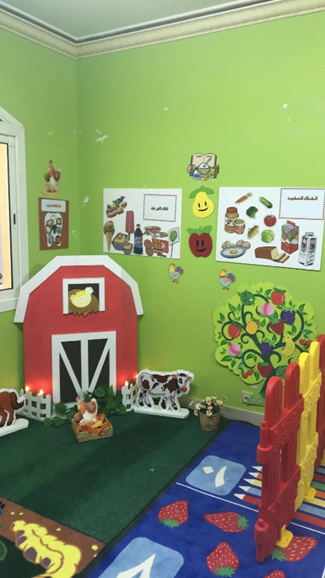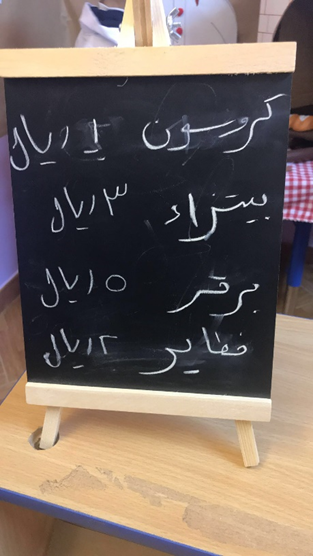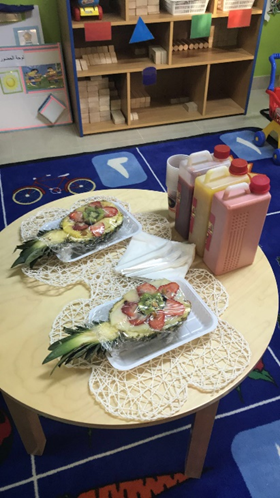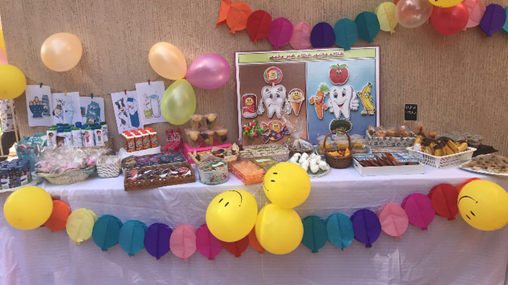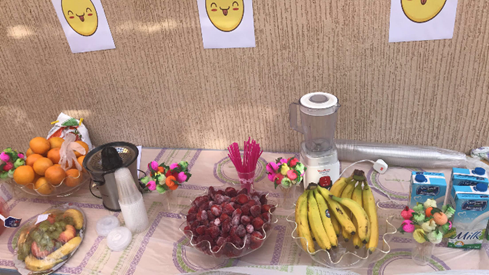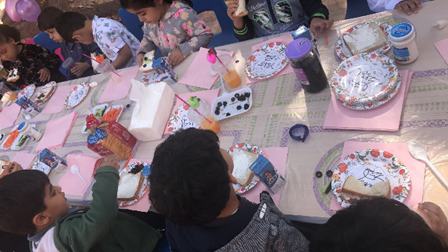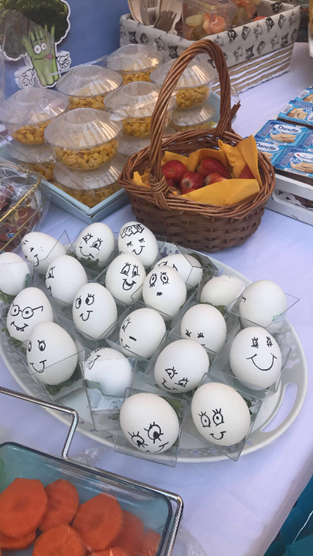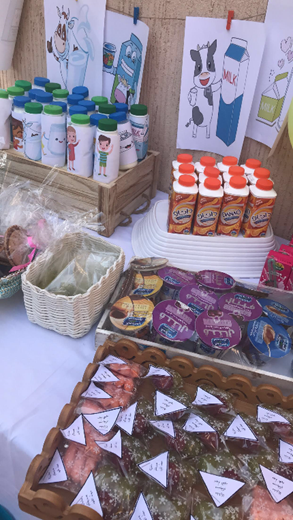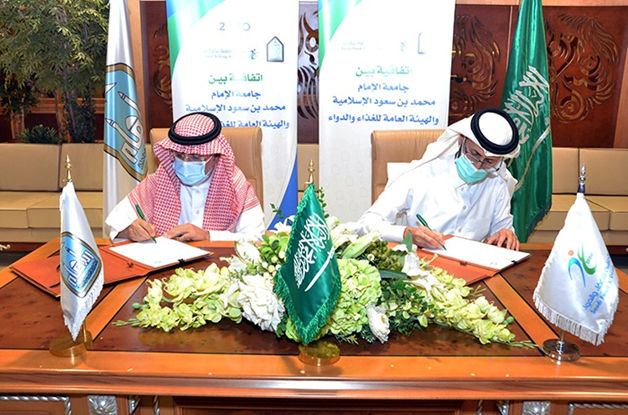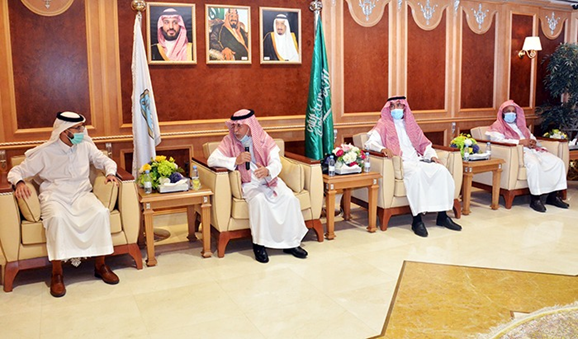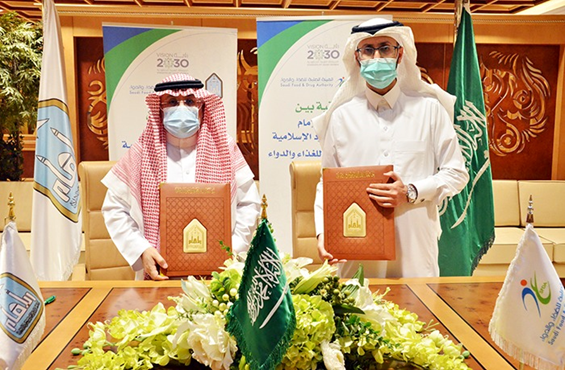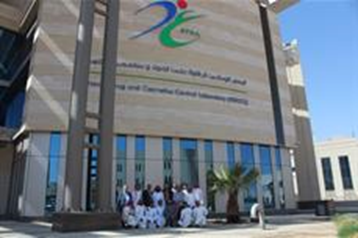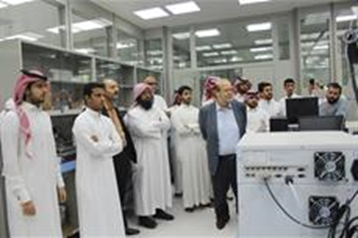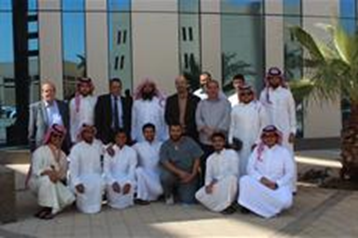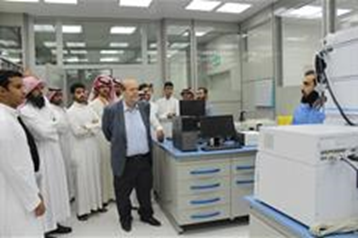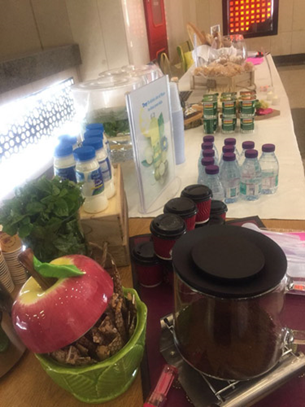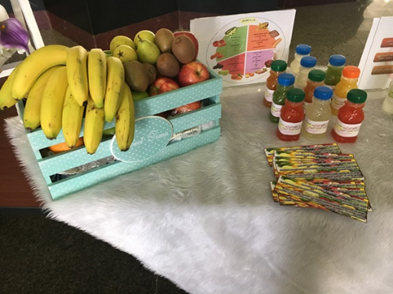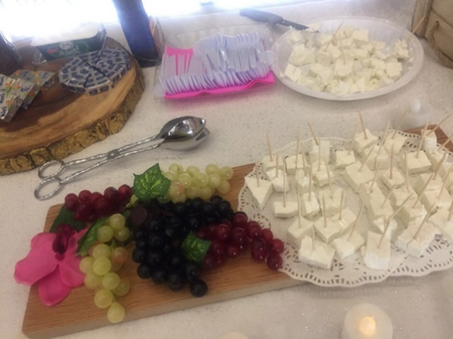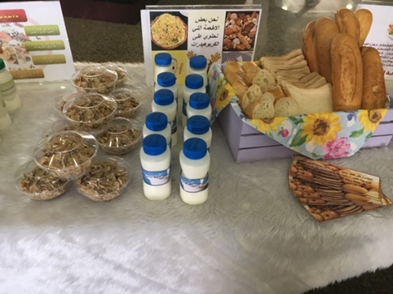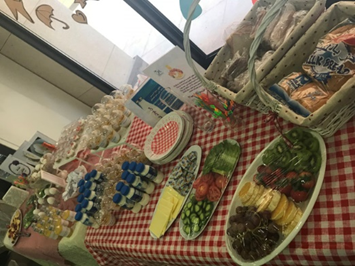Introduction
Sustainable Development Goal (SDG 2 or Global Goal 2) refers to Zero Hunger, seek sustainable solutions to end hunger in all its forms by 2030 and to achieve food security. The aim is to ensure that everyone everywhere has enough good-quality food to lead a healthy life. Achieving this Goal will require better access to food and the widespread promotion of sustainable agriculture. This entails improving the productivity and incomes of small-scale farmers by promoting equal access to land, technology and markets, sustainable food production systems and resilient agricultural practices. It also requires increased investments through international cooperation to bolster the productive capacity of agriculture in developing countries.
The SDGs aim to end all forms of hunger and malnutrition by 2030, making sure all people–especially children–have sufficient and nutritious food all year. This involves promoting sustainable agricultural, supporting small-scale farmers and equal access to land, technology and markets. It also requires international cooperation to ensure investment in infrastructure and technology to improve agricultural productivity.
The Kingdom of Saudi Arabia is one of the largest contributors to programs for eradicating hunger. The Kingdom’s efforts center around achieving food security both internally and beyond its borders, in addition to striving for the Kingdom’s agricultural sector to contribute a larger percentage of its GDP, thereby aiding economic development, and diversifying the Kingdom’s agricultural base.
The Kingdom of Saudi Arabia’s initiatives for eradicating hunger:
Gaudi Grains Organization (SAGO)’s initiative to reduce food loss and waste in the Kingdom and to prevent improper use of natural resources.
The Ministry of Environment, Water, and Agriculture’s initiative to eradicate the red palm weevil (Rhynchophorus ferruginous) and combat its spread the world over.
The Ministry of Environment, Water, and Agriculture’s initiatives to provide comprehensive and sustainable food security by:
Terracing and rehabilitation of agricultural lands, instating water harvesting technology in Al Taif, Al Bahah, Asir, and Jazan provinces.
Reducing per capita retail and consumer food waste by half, and reducing food losses in the production and supply phases, including post-harvest losses.
To develop and improve the efficiency of the agricultural market and to adopt measures to ensure the safe and timely delivery of commodities and their derivatives and to strengthen food reserves to reduce their volatility.
Activating the role of international partnerships, based on the awareness of the ecological and geographic nature and the creation of optimal sources for food supply, the Kingdom has directed foreign agricultural investment through strategic partnerships with other countries and in a way that achieves the benefit of all local authorities and societies.
Saudi Food Bank (Eta’am), which has provided more than 12 million meals since its inception.
Executing over 300 food security projects, resulting in millions fed through the efforts of the King Salman Humanitarian Aid and Relief Centre.
The historic contribution of USD 500 million to the World Food Program in 2008.
IMAMU University has always been interested in food security issues and it always strives to improve its contribution to the agricultural sector, thus helping to face the obstacles and challenges and to create sustainable solutions.
To this end, the University has an aim is to work together in various fields such as vocational training and scientific research, joint activities for the public interest, and seminars and workshops addressed to students.
In this unit:
Provide the child with the teachings of the true religion through the behavior followed when preparing and eating food by practicing Islamic literature.
Participate in the preparation of different types of foods.
Practice methods of prevention of electrical machines and sharp machines, which pose a danger to children and cause harm to them when preparing food.
Identify some types of foods in terms of color, shape, texture, smell and taste.
Identify with the help of the teacher some methods of preparing diverse food.
Development of the child's vocabulary and linguistic expression in the subjects of food and nutrition.
The child makes matches in the taste of foods and collects each item separately.
Identify healthy habits in food.
The kindergarten administration did a healthy food day in the garden of the outer building and put many guidance and educational boards that show the child healthy and unhealthy food and explain how to differentiate between them as the dining tables were decorated with the participation of the mothers of the children in beautiful and creative ways to endear the child with a healthy meal.
As for the teachers of the classes, they did many entertaining activities for children, including:
The activity of sorting healthy food in one basket for unhealthy food in another basket.
Participate with children in the work of healthy juice.
Urging children to eat healthy because of the impact on their health and the safety of their teeth.
We thank everyone for their participation and constructive interaction.
There is little scientific evidence to prove that organic foods are better in quality than traditional foodstuffs, and the scientific research conducted so far on various organic foods has not been able to provide strong evidence about the superiority of organic foods over inorganic foods.
Organic milk
Recent research conducted on organic milk has shown that it has more antioxidants, omega-3 fatty acids, CLA, and vitamins than inorganic milk. According to researchers at the Danish Institute of Agricultural Research at the University of Aberdeen and the Institute for Environmental and Grassland Research, organic milk is healthier than inorganic milk, since organic cows are grazing pastures leading to better quality of milk.
Organic tomatoes
According to a 10-year study by the University of California, Davis, organic tomatoes are produced in an environment that contains a low nutrient supply since nitrogen-rich chemical fertilizers are not added.
This leads to excessive formation of antioxidants, such as quercetin (top 79%) and caimferol (top 97%) in organic tomatoes. As I know we are all, antioxidants are good for health and help reduce heart disease and the chances of developing cancer (mRS).
The Department of Chemistry announces to its students a visit to the Food and Drug Authority on Tuesday, 1/2/1438 AH, those wishing to participate should quickly register their names with the Secretary of the Department, Mr. Khalid Al-Aswad, noting that this visit is the first for the Department this year, and comes within the programs of the Department to achieve the goal of its communication and communication of its students with the relevant community institutions.
Author: Dr. Mohammed bin Sulaiman Al-Wasil
In the name of God the most Merciful, the most Compassionate
( Food from a Qur'anic Perspective )
Praise be to Allah, Lord of the Worlds, and peace and blessings be upon the most honorable prophets and missionaries, but after:
Allah the Almighty created man and succeeded him in the earth, and provided him with ways and means to help him carry out the rights of slavery and the duties of improvisation, and made him the good things of livelihood, through which he recognizes God's blessings and gifts, and is able to enjoy and be kind besides providing the nutrients that his body needs, the Almighty said: "Say from the sanctuary of the decorations of God that were brought out to his servants and the good women from the livelihood, say they are for those who have believed in the pure life of the world on the day of judgment as well as we separate the verses for the people They know} al-A'raf 32, and Subhanah said: {And in the earth adjacent pieces and cheeks of grapes, plantings, palms of pine and non-pine are watered with one water and we prefer each other to eat if this is for the verses of people who are reasonable} Thunder 4, and the verses of the Holy Qur'an have included the mention of many good foods that are characterized by containing the nutrients necessary for the growth, maintenance and prevention of diseases of the body, and not only mention these foods, but also extend it to the section Some of them, which is a clear indication of the importance of these foods and their nutritional and health benefit, otherwise Allah the Almighty did not swear by them, the great does not swear except by what is great, the Almighty said: {The figs and olives} figs 1 The Holy Qur'an also made food a place for consideration, reflection and realization of reason, and considered it a verse of Allah indicating its existence and oneness, through meditation on the stages of food formation and formation, starting with the descent of water from heaven Then the earth cracked and the plant came out, and ended with the formation of fruits in different shapes and colors, and he said: "Let man look at his food, I poured water into a pour, and then we flattened the earth with a crack, and you sprinkled us in it with love, grapes and rods, olives and palms, gardens of Galba, fruit and father, as a pleasure for you and your people." Abs 24,32, as the Holy Qur'an has devoted a wide area of its fragrant breadth to talk about food, starting from its planting and germination, its types and forms, and ending with its rulings. The Holy Qur'an draws our attention to the fact that any food is not just organic and inorganic substances that man eats to live and survive, as some imagine, but is the furthest and greatest of all, because he, like any other vocabulary of our economic, political, social or educational life, is linked to the faith of man, part of his culture, a landmark of his civilization and a feature of his identity. His survival and preservation of his identity and culture, Allah prayed, delivered and blessed our Prophet Muhammad and all his family and companions.
D. Mohammed Bin Sulaiman Al Wasil
His Excellency the President of Imam Mohammed bin Saud Islamic University, Prof. Dr. Ahmed bin Salem Al-Ameri, signed on Wednesday 29/7/1443 H, a memorandum of cooperation with His Excellency the CEO of the Saudi Food and Drug Authority, Prof. Dr. Hisham bin Saad Al-Jadhi.
The agreement seeks to realize the desire of the two sides to build a strategic partnership and build a distinguished relationship that leads to a joint investment of material and human potential between them.
The agreement includes enhancing efforts and exchanging experiences, based on the Saudi Vision 2030 in promoting integration between the Authority and the University in building a strategic partnership through which to build a distinguished relationship between them that leads to the investment of common potential.
It is worth mentioning that this agreement includes supporting scientific research and studies in the field of food, nutrition and public health, exchanging data and statistics available to the two parties, exchanging advisory services and scientific materials, as well as the cooperation of the two parties in awareness campaigns, external events, exhibitions, conferences and scientific seminars, and cooperation in publishing and media coverage of events and events related to the subject of the memorandum.
The agreement includes the establishment of the "Imam University" Sharia Research Unit for Halal, to contribute to the work of studies and social research and the publication of special Sharia research related to them in international journals, in addition to providing studies on the Prophet's guidance in medicine.
The Food and Drug Administration will also increase the awareness of university students about pharmacovigilance and the importance of reporting accidents of medical devices and the prophylactic symptoms of medicines, through the preparation of research and scientific publications of the National Center for Vigilance and the National Center for Reports of Medical Devices and Supplies, in addition to holding scientific lectures and workshops.
Report of the field visit of the "Food and Drug Authority" - students of the Department of Chemistry
On Tuesday, 1/2/1438H, the Department of Chemistry at the Faculty of Science - Imam Muhammad Ibn Saud Islamic University paid a visit to the Saudi Food and Drug Authority - Pharmaceutical Sector and this is his first visit in this semester, where he visited the following:
Dr. Sami bin Abdulaziz Al-Hussein (Head of Chemistry Department)
Prof. Dr. Magdy Elsayed Zaki (Undersecretary of the Department of Chemistry)
Prof. Dr. Abdulrahman Barakat Al-Jazzar (Professor of Organic Chemistry)
Dr. Fouad Aref Ababneh (Associate Professor of Analytical Chemistry)
Dr. Lotfi Al-Hadi Al-Khuzami (Assistant Professor of Physical Chemistry)
Prof. Dr. Mohamed Ahmed Heikal (Professor of Inorganic Chemistry)
Mr. Mubarak bin Mohammed Al Abu Dahsh, Executive Director of the Laboratories Department of the Pharmaceutical Sector, began the visit by welcoming the importance of these visits in refining the skills of students, then reviewed a simplified explanation of the Authority and its role in society, and in maintaining the health and quality of its outputs, and completed his explanation by presenting the structure of the pharmaceutical sector in the Authority, and the advanced equipment owned by the Authority. This was followed by a visit to the animal house under the supervision of the laboratory specialist: Mohammed Hamama, where he explained part of the animal's vaccination processes and tested the effects on them, and their life cycle in detail, then moved to the section "Drugs of unknown composition" headed by the first pharmacist / Faisal Al-Bugmi and presented some of the efforts of the department, and between the steps of analyzing unknown drugs, in addition to warning him against the use of unauthorized drugs, or falsified folk mixtures.
This was followed by visits to the departments of analysis of cosmetics and biomedicines, human and herbal and then concluded the visit with recommendations from Mr. Mubarak Al-Abu Dahsh, the most prominent of which was the readiness of the Authority represented by the pharmaceutical sector in the training of students during the summer period and others as he praised the initiative of the department to coordinate the visit and show the spirit of cooperation and then welcomed again the department members and students deposited to them at the end of the visit. It is worth mentioning that the coordinator and arrangement of the visit was Mr. Khalid bin Ibrahim Al-Aswad (Secretary of the Department of Chemistry - member of the Training and Visits Committee) and participated in the preparation and writing of the report by the student / Salem bin Mohammed bin Jahlan and the student / Adel bin Rashid Al-Bugmi.
Values served by the logo
Provide the student with the correct scientific methods in proper food
Educating the student about the harms of smoking
Spreading the culture of sports, and its importance to the human being
Program
Morning Radio
Establishing an educational awareness program on the importance of health in human life
Training program in the right scientific methods in healthy food
Holding a lecture on the harm of smoking on humans
Holding a seminar in coordination with one of the health centers on the importance of sports and proper food
Labeling that serves the logo
Holding cultural competitions in the morning queue and during the release of proper food, sports and body health
Visit to a sports or health club
Target: Implementing Students: Student
Activity
Values served by the logo
Provide the student with the correct scientific methods in proper food.
Educate the student about the harms of smoking.
Spreading the culture of sports, and its importance to man.
Program:
Establishing an educational awareness programme on the importance of health in human life.
Training program in the correct scientific methods in healthy food.
Holding a lecture on the harms of smoking on humans.
Holding a seminar in coordination with one of the sports or health centers or clubs in the province on the importance of sports and proper food on human health.
Placing posters and billboards that serve the logo throughout the Institute.
Holding cultural competitions on proper food, sports and body health.
Visit to one of the sports or health clubs within the province.
Within the awareness programs organized by the Deanship of Student Affairs represented by the Deanship of Student Affairs under the supervision of the Department of Student Programs and Activities, the healthy Iftar program was held on Wednesday 18/3/1439 AH, in buildings 322, 323 and 326. It aims to educate students about the importance of breakfast and encourage them to eat it and emphasize the relationship between eating breakfast and increasing concentration, general health and psychological state, in addition to promoting health by modifying food behaviors with leaflets, educational awareness materials and various publications on balanced healthy food, avoiding harmful foods rich in salt, sugar and saturated with fat, and eating a healthy, balanced and integrated food that helps to build a healthy body free of diseases, God willing.
The event also included teaching students how to prepare a healthy breakfast rich in basic ingredients, distributing healthy meals to students and distributing awareness brochures.
The Investment Department – Women's Section – in King Abdullah City for Tabat is holding an event in food awareness to combat and prevent cancer, lasting for five days from 17 to 21/7/1440 AH, covering all six buildings of the university, and this event, which is presented by 25 employees specialized in nutrition, aims to spread awareness in the field of healthy food among students, and introduce foods that cause some cancerous diseases, and ways to prevent them by following a healthy diet with exercise.
The Director of the Investment Department in the Women's Department, Ms. Maha Al-Turki, said that the event was held in conjunction with the month of (March), which is the World Month of Colorectal Cancer, where Arkan was dedicated to introducing the types of cancers, highlighting foods that prevent this disease, reduce its causes, and froth human immunity, while spreading some false rumors about the foods that cause it, and correcting them with proven scientific facts.
The event, which targets students and university staff, includes several educational awareness tools such as: leaflets and brochures, about all cancer diseases that may attack the human body, and the types of foods that are at risk of cancer, in addition to a visual presentation showing the factors of the disease, methods of treatment of it, as well as healthy food, its importance and its preventive role from this disease, and the event also includes the definition of charitable bodies and associations concerned with the fight against and prevention of cancer.
